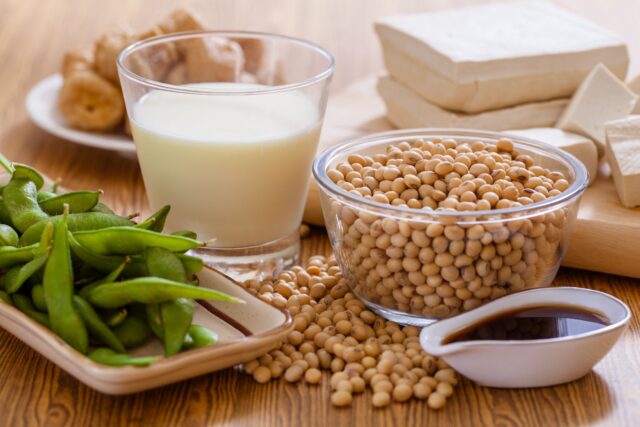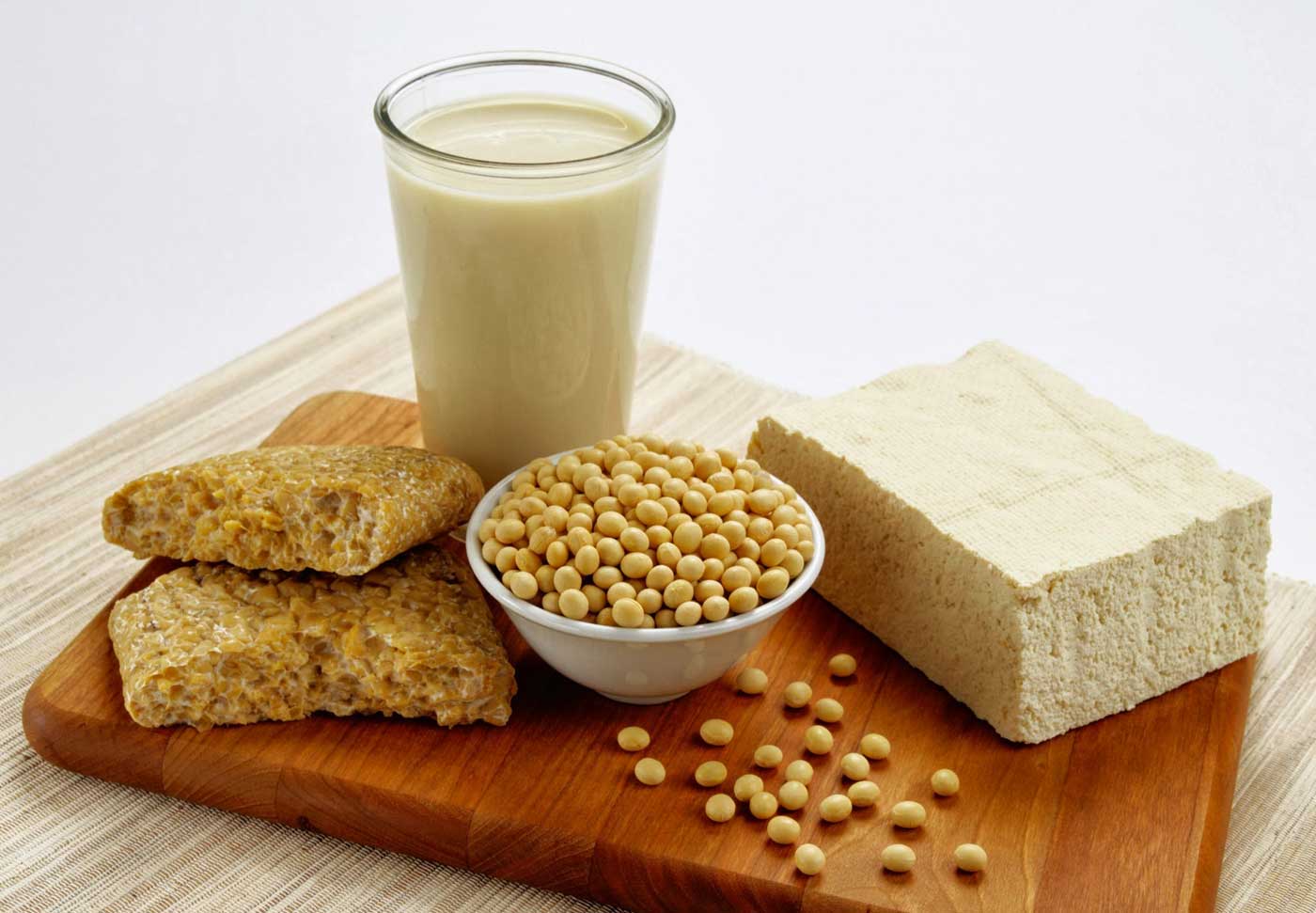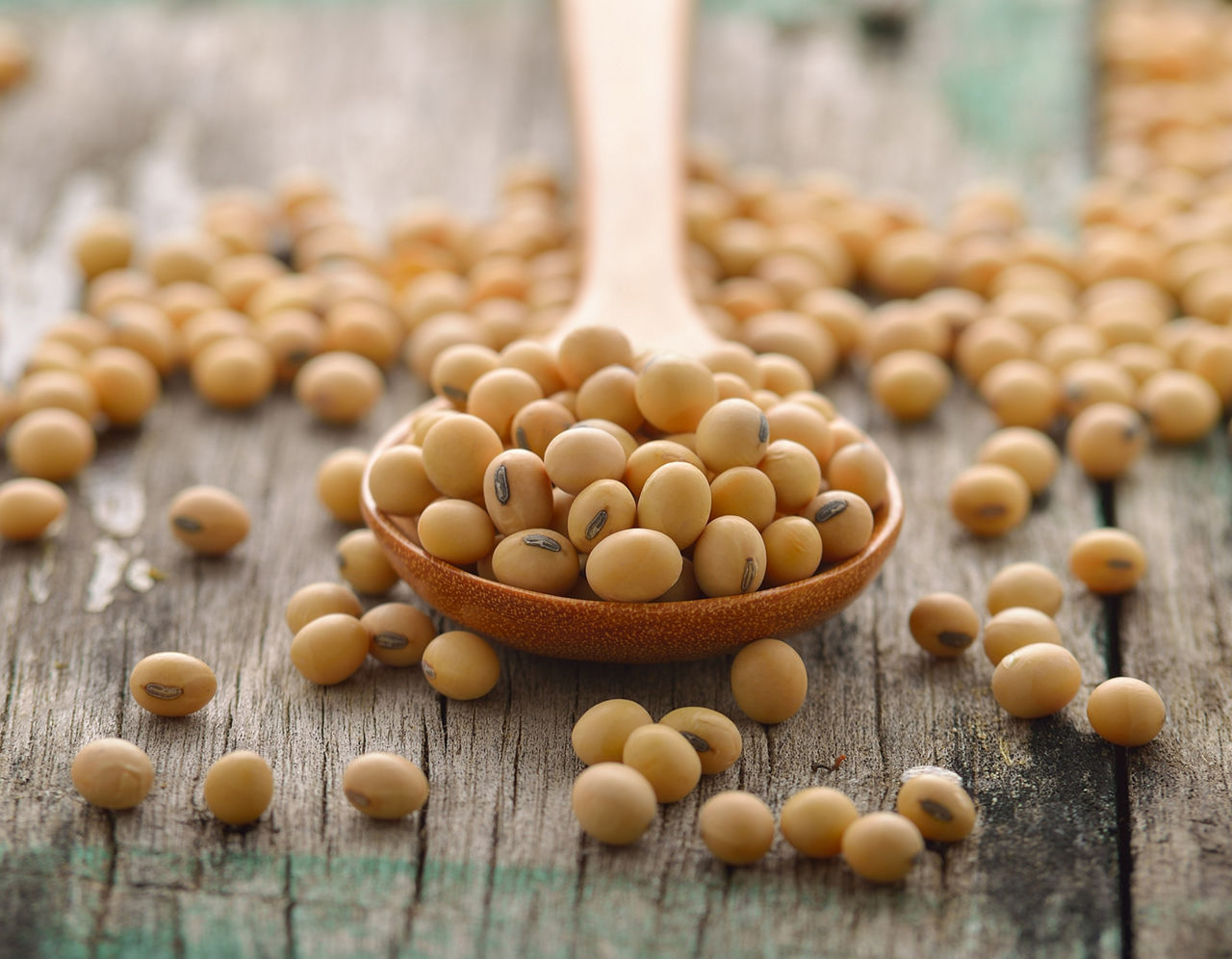
In today’s fast-paced world, making conscious dietary choices can sometimes feel like a challenge. However, incorporating whole soy foods into your meals can be a simple yet effective way to enhance your nutrition and overall health.
From versatile tofu to popular soybean snacks like edamame, whole soy foods are not just delicious; they are packed with essential nutrients and offer numerous health benefits. As more individuals seek plant-based options to support their dietary inclusion, understanding the unique advantages of soy protein becomes increasingly important.
In this article, you will discover the compelling reasons why you should embrace whole soy foods as a fundamental component of a healthy lifestyle.
Understanding Whole Soy Foods and Their Nutritional Value
Whole soy foods, derived from minimally processed soybeans, offer a wealth of nutritional benefits. These foods include options like tofu, edamame, and soy milk, each retaining essential nutrients while providing a versatile addition to your meals. Unlike heavily processed alternatives, whole soy foods maintain a significant portion of their health-promoting properties, making them an integral part of balanced plant-based nutrition. To learn more about these benefits click here.
What Are Whole Soy Foods?

Whole soy foods are products made primarily from whole soybeans, ensuring that you receive the maximum nutritional value. The emphasis on these minimally processed foods means they include essential nutrients necessary for overall health, as well as being rich in fiber. Incorporating whole soy foods into your diet may enhance your meal variety while supporting your health goals.
Key Nutrients Found in Soybeans
Soybeans are packed with essential nutrients that contribute to your health. A single cup contains approximately:
- 10 grams of fiber, aiding in digestion and promoting heart health
- 886 milligrams of potassium, vital for maintaining healthy blood pressure
- 9 milligrams of iron, supporting energy levels and overall vitality
- Omega-3 and omega-6 fatty acids, beneficial for cardiovascular well-being
This rich nutrient profile supports a balanced vegetarian diet, contributing to your daily intake of essential nutrients.
The Role of Soy Protein as a Plant-Based Protein
Soy protein stands out as a complete source of plant-based protein because it contains all nine essential amino acids needed for optimal health. This quality makes it a favorite among those following a vegetarian diet. Including soy protein can help you build and maintain muscle mass, especially if you lead an active lifestyle. With its high protein content, soy protein serves as a versatile ingredient for various dishes, ensuring your body gets the necessary nutrients it requires.
The Benefits of Whole Soy Foods ─ Why They Should Be Part of Your Diet

Whole soy foods offer a range of health benefits that support various aspects of your well-being. Focusing on heart health, bone health, and cancer prevention highlights why these foods deserve a place in your diet.
Heart Health and Cholesterol Management
Whole soy foods play a crucial role in promoting heart health through effective cholesterol management. Incorporating soy protein into your meals might help reduce LDL cholesterol levels by about 4%-6%. This decrease significantly lowers the risk of developing heart disease. The combination of low saturated fat and high fiber in soy also aids in overall cardiovascular wellness.
Bone Health and Menopause Relief
Isoflavones found in soy are essential for bone health, particularly for postmenopausal women. These plant compounds can mimic estrogen, mitigating the bone loss often experienced during menopause. Research points towards isoflavones offering protection against osteoporosis and enhancing bone strength. Including whole soy foods may alleviate menopausal symptoms, providing menopause relief through natural dietary benefits.
Cancer Prevention and Isoflavones
Consuming whole soy foods can contribute to cancer prevention, particularly for breast and prostate cancer. The isoflavones present in soy have been linked to a significant reduction in breast cancer risk, especially when introduced during younger years. Compounds like genistein and daidzein show promise in preventing tumor growth, supporting the idea that regular intake of soy may provide protective benefits against cancer development.
| Health Aspect | Benefit | Key Compounds |
| Heart Health | Reduces LDL cholesterol and lowers heart disease risk | Soy Protein, Fiber |
| Bone Health | Protects against osteoporosis and improves bone strength | Isoflavones |
| Menopause Relief | Alleviates menopausal symptoms | Isoflavones |
| Cancer Prevention | Lowers risk of breast and prostate cancer | Genistein, Daidzein |
Incorporating Whole Soy Foods into Your Daily Diet

Integrating whole soy foods into your daily routine offers a simple path to enhancing your diet. By making use of popular soy foods like tofu, edamame, and soy milk, you can enjoy the numerous health benefits these options provide while experiencing new flavors and textures. Here are some easy soy recipes and serving ideas to get you started.
Popular Whole Soy Food Options ─ Tofu, Edamame, and Soy Milk
Tofu serves as a versatile ingredient that can be adapted to a variety of dishes. You might find it in stir-fries, salads, or even blended into smoothies. Edamame, often regarded for its health benefits, makes for a nutritious snack or an excellent side dish. Soy milk options provide an excellent dairy alternative, making it easy to enjoy your favorite beverages without lactose.
Easy Recipes to Start Including Soy in Your Meals
Here are some quick and delicious recipes to help you incorporate soy into your meals:
- Tofu vegetable stir-fry ─ Cube firm tofu and sauté it with a mix of bell peppers, broccoli, and carrots. Season it with soy sauce and sesame oil for a savory meal.
- Garlic edamame ─ Boil fresh edamame pods and toss them with minced garlic, olive oil, and a sprinkle of sea salt for a vibrant snack.
- Soy milk smoothie ─ Blend unsweetened soy milk with your choice of fruits like bananas and berries. Add in a scoop of your favorite protein powder for a satisfying breakfast or post-workout drink.
| Popular Soy Foods | Benefits | Easy Recipe Ideas |
| Tofu | High in protein and calcium | Tofu stir-fry, Scrambled tofu |
| Edamame | Rich in fiber and vitamins | Garlic edamame, Edamame hummus |
| Soy Milk | Low in calories, high in protein | Soy milk smoothie, Creamy soups |
Incorporating these easy soy recipes into your diet opens up possibilities for delicious meals while enjoying the numerous edamame benefits. With various soy milk options available, enhancing your daily routine with simple soy dishes becomes effortless.

Conclusion
Incorporating whole soy foods into your daily diet offers a multitude of health benefits that can significantly improve your overall well-being. From enhancing heart health to providing cancer-fighting isoflavones, the advantages of these foods are hard to ignore. They not only serve as excellent sources of plant-based protein but also come packed with essential nutrients that contribute to health promotion.
Making informed dietary choices that include whole soy foods can aid in achieving long-term health goals. Whether you choose to enjoy tofu, edamame, or soy milk, these versatile ingredients can easily be integrated into various meals. Experimenting with different soy-based recipes allows you to enhance your nutrition while also discovering new flavors and textures in your cooking.
Ultimately, embracing whole soy foods can lead to a healthier lifestyle. As you venture into this exciting world of culinary possibilities, you will find that making these nutritious choices can be both delicious and rewarding for your health.












